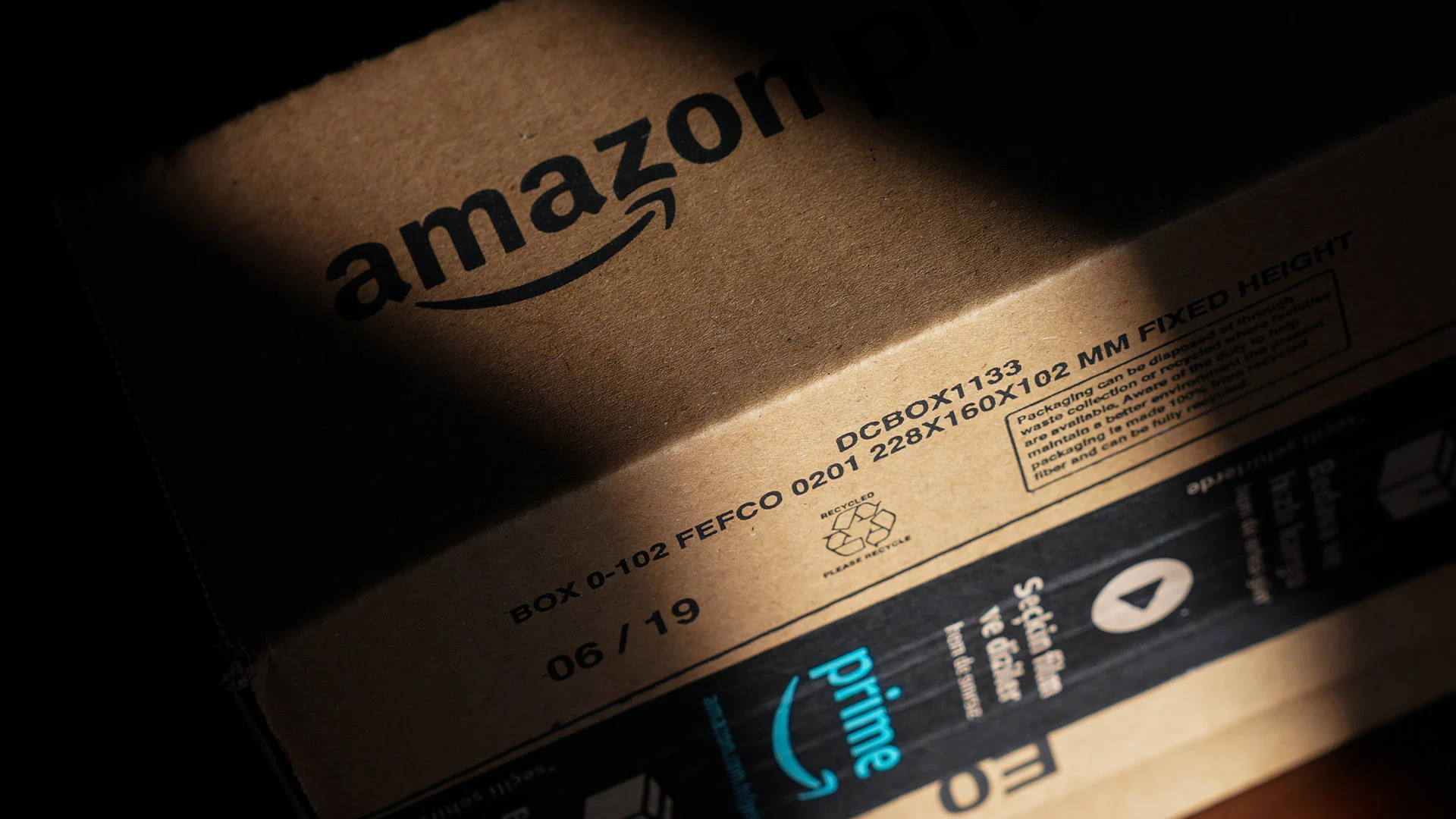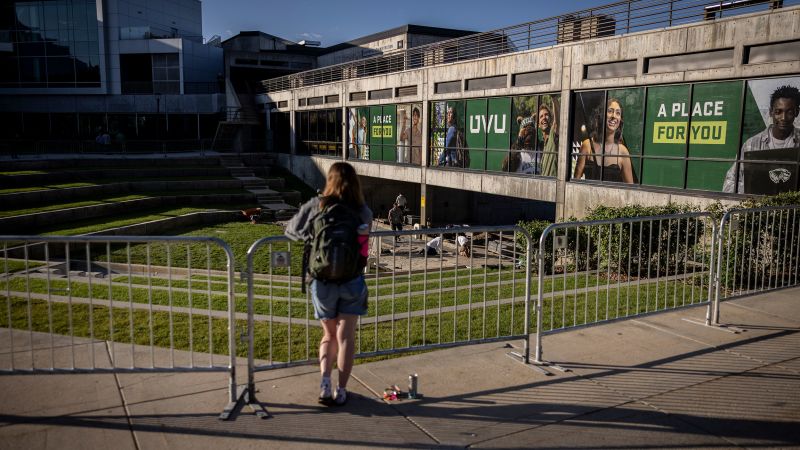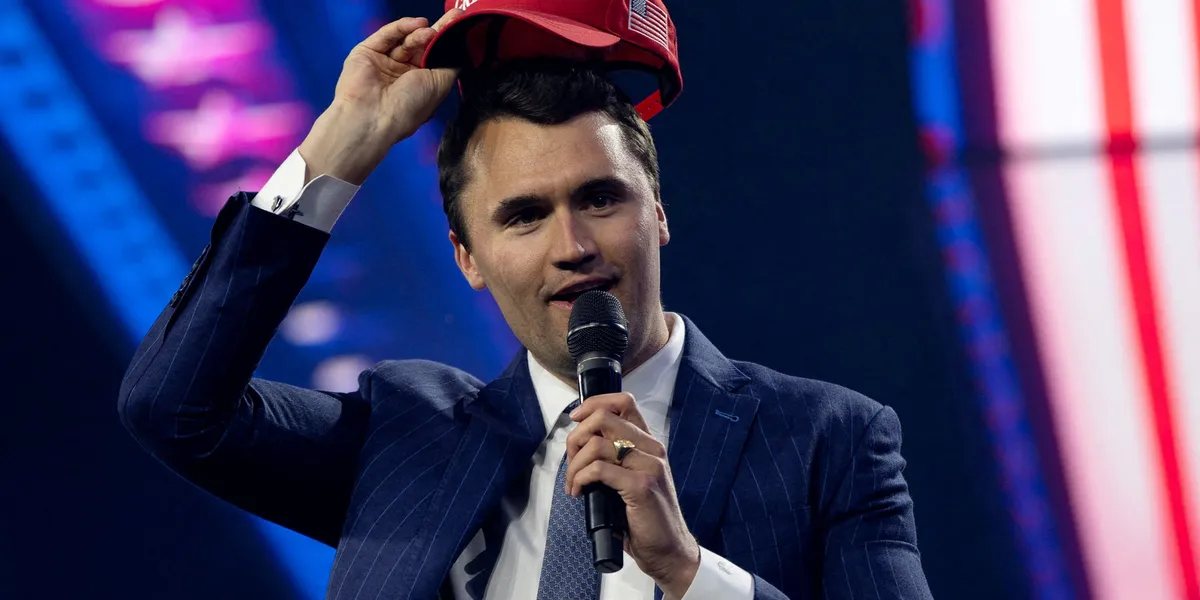
Amazon reached a $2.5 billion settlement with the Federal Trade Commission (FTC) on Thursday over whether the e-commerce giant used “deceptive methods” to sign up consumers for Prime subscriptions, then made it “exceedingly difficult” to cancel.
The agency argued Amazon enrolled millions of customers in Prime subscriptions without their consent, and knowingly made it difficult for consumers to get out of the agreement.
That settlement, which comes just three days into the civil trial in federal court in Seattle, included a whopping $1 billion civil penalty, the highest in history, and a $1.5 billion fund to refund Prime users harmed by the deceptive enrollment practices. The e-commerce giant must also create an easier way for users to cancel, which includes modifying its interface, and “cease unlawful enrollment and cancellation practices.”
“Today, we are putting billions of dollars back into Americans’ pockets, and making sure Amazon never does this again,” FTC Chairman Andrew N. Ferguson said in a statement.
Subscribe to the Daily newsletter.Fast Company’s trending stories delivered to you every day
Privacy Policy
|
Fast Company Newsletters
The FTC case charged Amazon and several company executives with knowingly misleading millions of consumers into enrolling in Prime, violating the FTC Act and the Restore Online Shoppers’ Confidence Act (ROSCA). Documents in the lead-up to trial were cited to show Amazon executives and employees “knowingly discussed these unlawful enrollment and cancellation issues”—making comments such as, “subscription driving is a bit of a shady world,” and stating that leading consumers to unwanted subscriptions is “an unspoken cancer.”
Amazon did not admit to or deny the FTC’s allegations about misleading customers in the settlement, and told Fast Company in a statement: “We work incredibly hard to make it clear and simple for customers to both sign up or cancel their Prime membership, and to offer substantial value for our many millions of loyal Prime members around the world.” Amazon also said it will “move forward and focus on innovating for customers” following the settlement.
Industry experts react
Reactions to the settlement have been mixed.
“After defrauding tens of millions of people with an intentionally labyrinthine cancellation process, the FTC is allowing Amazon and its executives to walk away scot-free,” said Nidhi Hegde, executive director of the American Economic Liberties Project, a non-profit that advocates for corporate accountability legislation. “That double standard is why so many Americans have lost faith in this administration’s willingness to hold corporate lawbreakers accountable.”
Others said the settlement may have made Prime easier to cancel, but the program will continue to remain in many American households.
“The settlement with the FTC may streamline Prime’s cancellation process, but it won’t dent the program’s dominance,” Emarketer analyst Zak Stambor told Fast Company. “Prime brought in $44 billion in subscription revenue last year alone—so the payout represents just 5.6% of that total. With more than 200 million global members, including three-quarters of U.S. households, Prime is the backbone of Amazon’s business model.”
Meanwhile, some consumer watchdog groups were pleased by the settlement, and called on the FTC to resurrect “click-to-cancel” rules to make it easier to cancel auto-renewing agreements such as streaming subscriptions and gym memberships.
“This is a great day for consumers—not just Amazon customers, but everyone who gets roped into any kind of subscription or agreement in questionable ways,” said Teresa Murray, consumer watchdog director at U.S. PIRG Education Fund. “In the meantime, we hope this Amazon settlement sends a strong message to any company operating in ways that could conceivably confuse customers or thwart their efforts to not be customers any more.”



